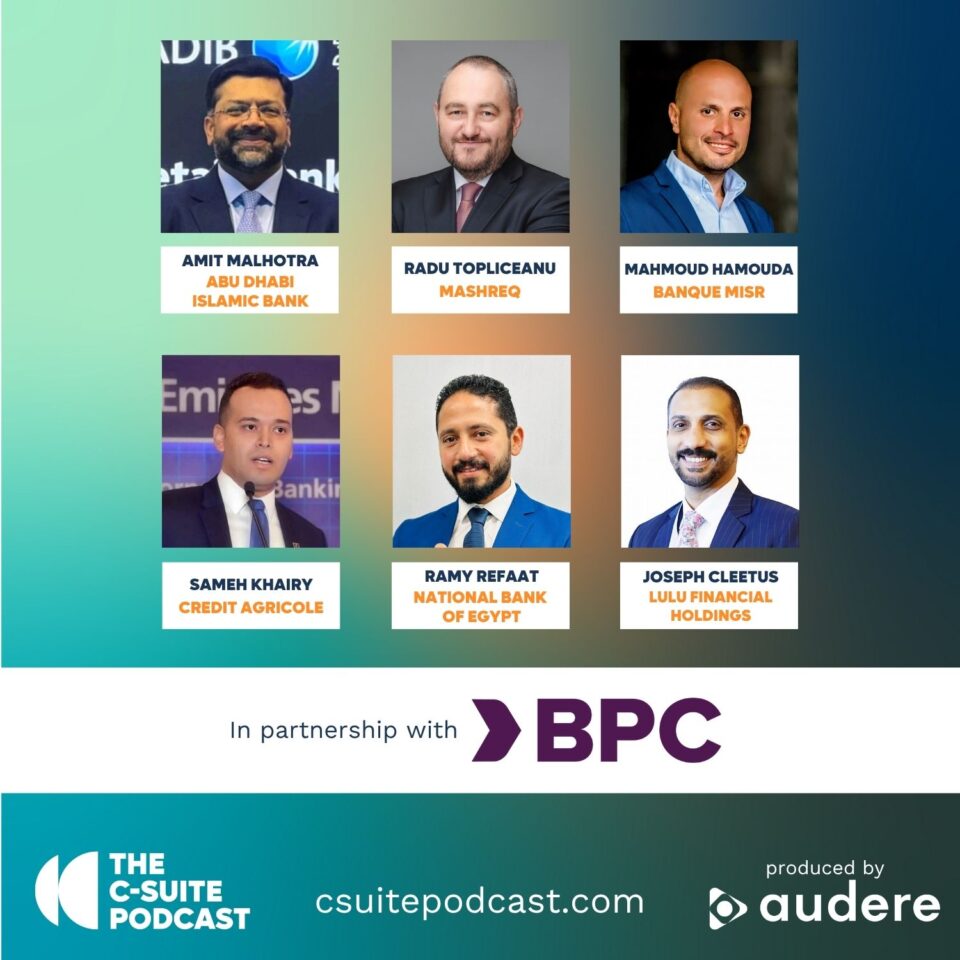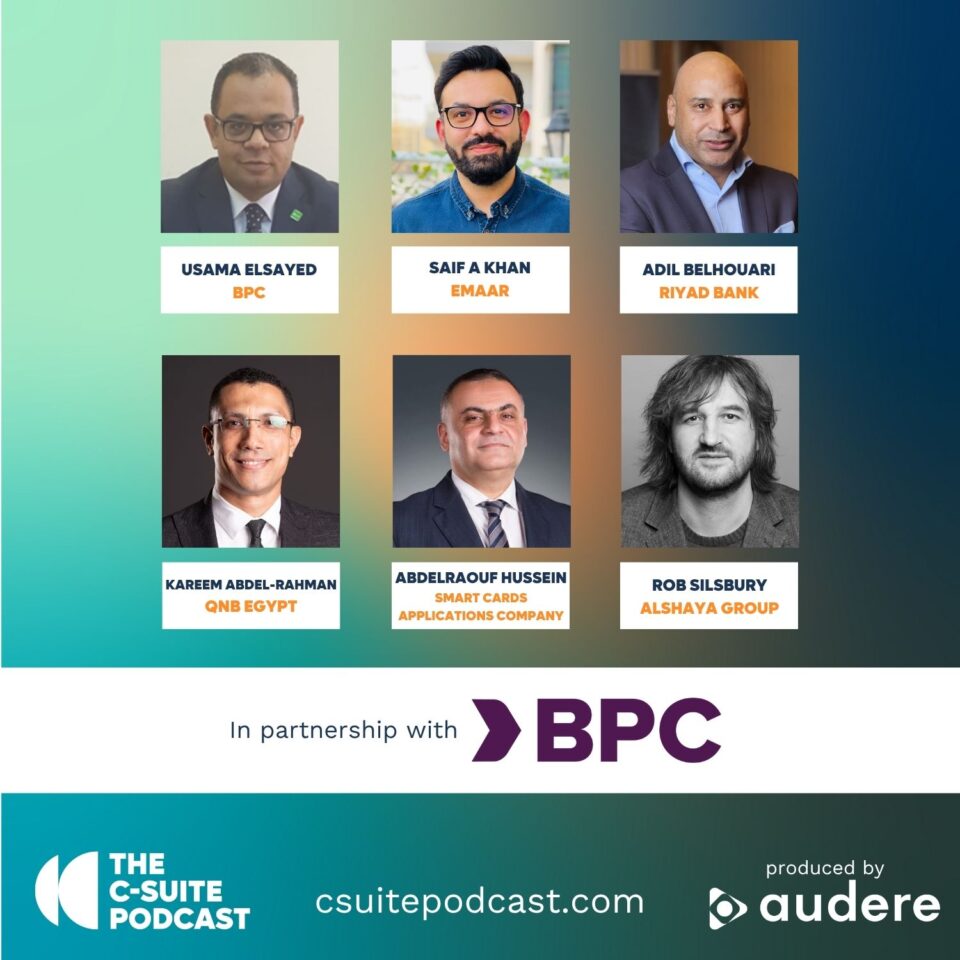In the latest episode of our Unicorn Leaders series, Russell Goldsmith and Debbie West were joined online from New York by Jonathan Cherki, CEO of Contentsquare, a leading digital experience analytics platform. Founded in 2012, the company achieved unicorn status in January 2020 and reached a valuation of $5.6 billion, following a raise of $600 million dollars in 2022.
Jonathan started Contentsquare in 2012 in Paris, despite being expected to run his family’s dry vegetables business. With a passion for maths and statistics, his student project evolved into a company. From 2012 to 2016, he bootstrapped Contentsquare, growing the team to nearly 100 people. In 2016, they raised $20 million, and Jonathan moved to New York in early 2017 to launch US operations. The company raised significant capital, acquired several companies, and aimed to become a leading analytics firm. Contentsquare focused on improving online experiences by analysing user interactions and emphasised privacy as a core principle. Their technology provided insights to enhance content, customer journeys, and overall user experience.
Jonathan described that during the first four years, he focused on assessing the market potential. Initially, the emphasis was on acquisition, but he realised improving user experience was increasingly strategic due to high acquisition costs and low conversion rates online compared to physical stores. By the end of 2016, they had proven their business model in Paris and expanded to London. To become a global leader, they needed to enter the largest market, which was the US for e-commerce. After raising $20 million in Series A funding, Jonathan decided to move to the US with his family to ensure a global impact. He chose New York over the West Coast due to a higher customer presence and a more manageable time difference with Europe. Additionally, he expressed a personal fondness for New York.
Jonathan acknowledged his pride in his French roots and emphasised the importance of remembering where the company originated. Despite Contentsquare’s global presence, with 17 offices worldwide, the headquarters remained in France. The group had around 2,000 employees, with 600-700 in the Paris office, many in R&D. Jonathan praised the quality of engineering, loyalty, and affordability of talent in France, and noted the increasing prominence of French AI companies. He also highlighted the French government’s support for innovation. While Contentsquare had become a global company, it maintained a distinct French influence.
Jonathan clarified that Contentsquare raised significant capital, totalling $1.4 billion, and deployed it strategically. The primary focus was on innovation, particularly in data-driven markets, aiming to develop a comprehensive analytics platform. They invested in both in-house expertise and acquisitions to accelerate growth. Over four years, Contentsquare acquired eight companies, enhancing geographic penetration, R&D, and market segments from SMB to enterprise. Notable acquisitions included Hotjar for SMB market and Heap for a holistic user view across platforms. They also acquired ClickTale to boost their US market presence and an AI company to enhance data value. The strategy aimed to consolidate various analytics capabilities into a single platform, akin to Salesforce for sales or Adobe for marketing, to improve online user experience. Jonathan highlighted the importance of analysing user interactions comprehensively to enhance engagement and conversion rates in an increasingly online world.
Jonathan explained that Contentsquare had grown to 1,900 employees across 17 global offices. Their R&D hubs were in Paris, Israel, Barcelona, and the US. Following the acquisition of Hotjar, a fully remote company, they adopted a hybrid work model. The company’s structure was divided into three main regions: EMEA, North America, and APAC, with a clear sales organization for each. The executive team was based primarily in Paris, New York, and San Francisco.
Jonathan acknowledged that acquisitions are challenging and require a detailed, shared plan among stakeholders. He highlighted that M&A was crucial for Contentsquare’s growth, aiding in product roadmap acceleration, market expansion, and acquiring new expertise such as AI. They had a dedicated team for sourcing and evaluating deals, focusing on market size, growth rate, personnel expansion, and integration value. They prioritized acquisitions that would create significant value for customers and involved thorough post-merger integration planning to ensure alignment and success. Jonathan accentuated the importance of common values and culture in acquisitions and expressed his long-term commitment to growing Contentsquare, aiming to create a major success rather than seeking immediate financial gains.
Jonathan emphasised that establishing a strong, clear company culture was crucial and challenging, especially for successful M&A. Contentsquare, with around 70 nationalities, conducted culture audits before acquisitions to identify commonalities and differences. He noted that while Contentsquare initially had an in-office culture, acquisitions like the fully remote Hotjar required cultural adaptation. The company’s culture evolved over time, integrating positive aspects from new additions. Regular value assessments ensured alignment with current values and future goals. Jonathan stressed the importance of surrounding oneself with great people, building trust, encouraging risk-taking and innovation, and maintaining transparency. He highlighted celebrating achievements, investing in company culture through various initiatives, and fostering continuous learning and adaptation, both personally and organisationally.
He went on to say he was highly involved in internal communications, working closely with his chief of staff and communication officer. They held annual kick-offs, quarterly all-hands meetings, and Jonathan regularly visited offices and travelled to meet team members, fostering a culture of proximity and minimal hierarchy. Johnathon underlined that while valuation was important, it wasn’t his primary focus. Instead, he aimed for long-term positive impact. He highlighted the development of the Contentsquare Foundation, which helps improve online content accessibility for people with impairments, including blindness and dyslexia. He mentioned the significant global need, with one billion people struggling to access online content, and outlined the foundation’s goals to assist universities, individuals, and enterprises in making online content accessible.
Johathon then spoke about the benchmark report they released. The Benchmark report was an initiative where Contentsquare shared data collected from billions of data points on their customers’ websites. He noted trends such as a decline in traffic across various verticals, rising acquisition costs, and increasing user frustration due to issues like high loading times and errors. He emphasized the importance of companies focusing on user retention and highlighted the ongoing increase in mobile traffic. The report aimed to provide an easy diagnostic for companies to understand and improve their user experience based on comprehensive data analysis.
Jonathan accentuated that AI was extremely important for the company, serving as a central focus due to its potential to create significant value both internally and for customers. The company’s approach aimed to achieve deeper insights into user behaviour and automate complex processes. They had already implemented AI capabilities such as AI alerts and frustration scores. Jonathan believed AI could enhance understanding of user intentions and needs, acting as a strong accelerator of innovation in a constantly evolving landscape. He mentioned upcoming product updates featuring new AI advancements and highlighted the importance of training employees across departments to leverage AI effectively, fostering a mindset geared towards maximising its value.
PRCA members receive 10 CPD points for listening to this podcast if they log it on the CPD programme.



